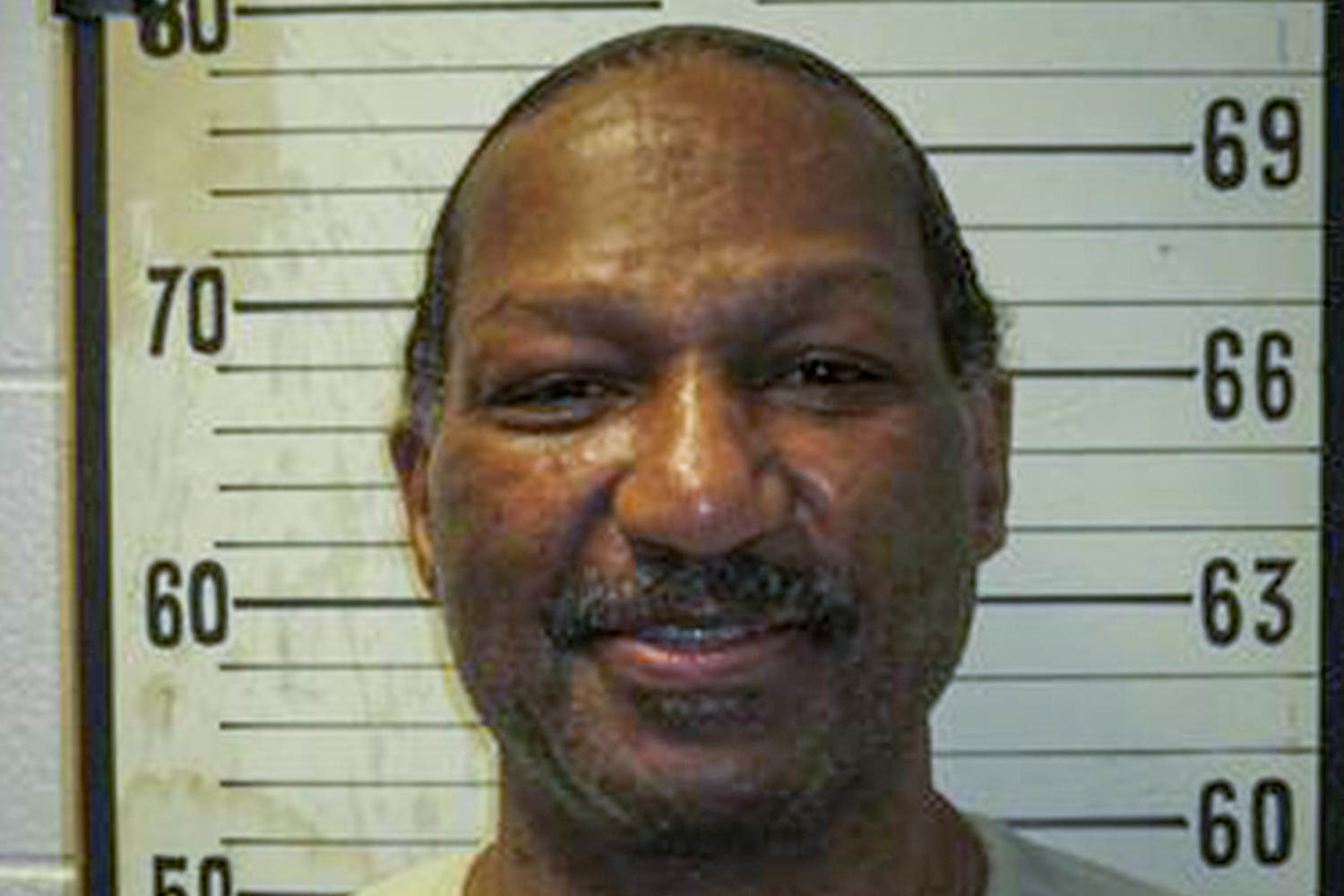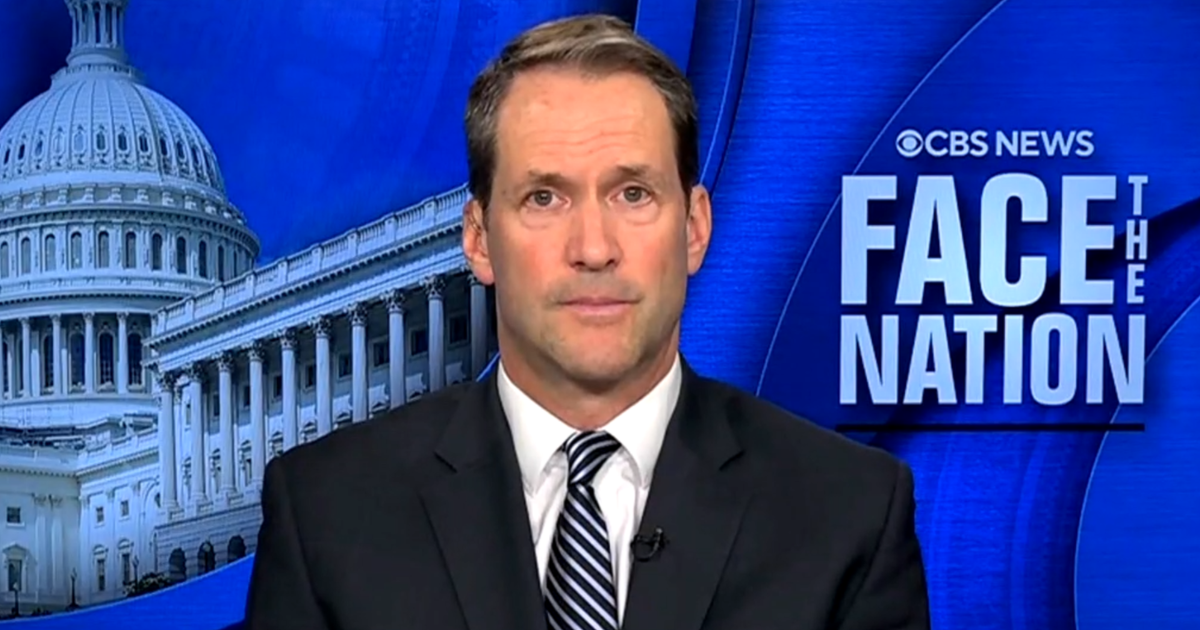

A Tennessee death row inmate is scheduled to die by lethal injection Tuesday morning despite concerns from his lawyers that his heart device could repeatedly shock him and expose him to unconstitutional suffering.
Byron Black is poised to be put to death at 10 a.m. at the Riverbend Maximum Security Institution in Nashville after the U.S. Supreme Court and Tennessee Gov. Bill Lee declined Monday to intervene.
Lawyers for Black had petitioned the Supreme Court to halt the procedure based on a claim that he is mentally incompetent and therefore should not be executed because it would violate his constitutional rights. In addition, the lawyers asked the high court to review whether proceeding with his execution without first deactivating his implantable cardioverter defibrillator, or ICD, would defy the Eighth Amendment’s prohibition of cruel and unusual punishment.
The Supreme Court denied the requests Monday.
Kelley Henry, one of Black’s lawyers, called on Lee to step in to prevent “risking a grotesque spectacle by executing Byron Black.”
The governor said he would not show leniency.
“The courts have universally determined that it is lawful to carry out the jury’s sentence of execution given to Mr. Black for the heinous murders of Angela Clay and her daughters Lakeisha, age 6, and Latoya, age 9,” Lee said in a statement. “Accordingly, I do not plan to intervene.”
Last month, the Davidson County Chancery Court ruled in favor of Black, 69, to have his device disabled before his execution after his lawyers argued that the ICD — which is designed to deliver electric shocks to those with dangerously fast heartbeats — might try to restore his heart to a regular rhythm as he is put to death by the drug pentobarbital.
Black could be “subject to the severe pain and suffering of having his heart repeatedly shocked back into rhythm during his execution,” they said in a court filing.
But the Tennessee Supreme Court overturned the ruling Thursday, finding that the chancery court did not have the authority to issue a decision that would effectively halt an execution. Still, the state justices said, there was nothing to stop the state and lawyers from working out a plan to deactivate the ICD.
However, state Attorney General Jonathan Skrmetti vowed in a statement last week to move ahead with the execution. He also disputed that Black is intellectually disabled or would suffer severe pain if he were executed.
“Our office will continue fighting to seek justice for the Clay family,” Skrmetti said, “and to hold Black accountable for his horrific crimes.”
Black was convicted in the 1988 fatal shooting of his girlfriend, Angela Clay, 29, and daughters Latoya and Lakeisha. At the time of the killings, Black had been on work release as part of his jail sentence for shooting Clay’s estranged husband, Bennie Clay, about 15 months earlier.
Angela Clay’s sister told Nashville police that Black had threatened to harm her sister because she was considering ending their relationship and reuniting with her husband.
Bennie Clay told The Tennessean newspaper last week that he has forgiven Black and intends to witness the execution of the man who killed his family.
“God has a plan for everything,” Clay said. “He had a plan when he took my girls. He needed them more than I did, I guess.”
Amid decades of appeals, Black faced three execution dates, but the procedures were delayed because of the Covid-19 pandemic and, more recently, a pause in Tennessee’s executions due to issues in testing its lethal injection drugs.
Tennessee resumed executions in May under a new lethal injection protocol using pentobarbital, a sedative.
In testimony last month in Davidson County Chancery Court, medical experts for the state and Black argued over whether his ICD, which was installed last year, would, in fact, cause prolonged pain.
“Mr. Black will not be feeling the shocks as he will be in a coma” brought on by the lethal injection process, testified Dr. Litsa Lambrakos, a cardiac electrophysiologist at the University of Miami Miller School of Medicine.
But Dr. Gail Van Norman, an anesthesiology professor at the University of Washington who specializes in heart surgery, suggested otherwise. She testified that using a potent amount of pentobarbital, which can cause death from respiratory failure, could unnecessarily trigger Black’s defibrillator.
“ICDs sometimes deliver shocks when they’re not needed,” she said. “This is devastating to patients.”
The potential disabling of Black’s defibrillator had brought up larger questions about whether a medical professional could even be found who would be willing to assist the Tennessee Department of Correction.
Major medical groups, including the American Medical Association and the American Board of Anesthesiology, have adopted ethical codes that generally promote the health and welfare of patients and do not explicitly condone their members’ participating in executions.
Advocates for Black say his case, given his unique position surrounding his defibrillator, as well as his documented mental impairments, warrants the governor’s granting clemency.
Black’s lawyers say he uses a wheelchair and suffers from several ailments besides congestive heart failure, including dementia, kidney disease and prostate cancer.
“His body is failing, and his mind is deteriorating,” Henry wrote to Lee in a clemency request last month. “His execution would not serve justice — it would mark an irreversible act of cruelty against a profoundly physically and mentally impaired man who poses no threat to anyone and would leave his entire family, who cherish him, devastated.”



